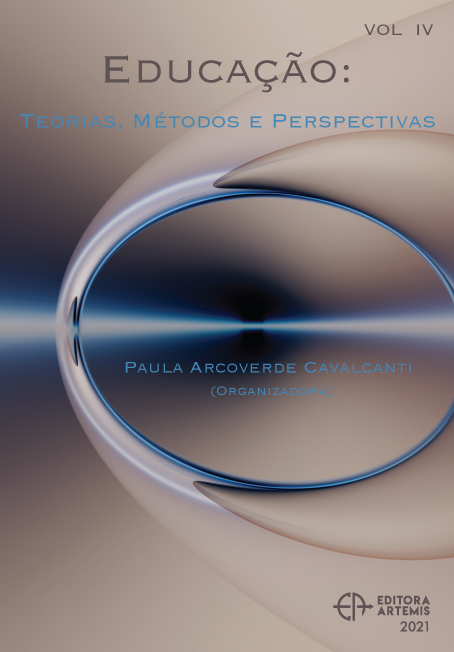
O PRECEPTOR NA RESIDÊNCIA MULTIPROFISSIONAL EM SAÚDE: REALIDADE E DESAFIOS
A pesquisa foi realizada com preceptores dos programas de residência multiprofissional do município de Curitiba. Teve como objetivos identificar o perfil do preceptor, analisar sua relação com o processo ensino-aprendizagem e validar o instrumento de pesquisa. O método utilizado foi transversal de natureza quantitativa de cunho exploratório descritivo. O questionário aplicado contém sessenta afirmações apresentadas com quatro alternativas de respostas,"sempre", "quase sempre", "as vezes" e "nunca", em cinco eixos. Os resultados permitiram conhecer melhor o perfil sócio-demográfico, a realidade da preceptoria no processo ensino-aprendizagem. Foi evidenciado um percentual significativo de preceptores sem experiência na docência, falta de reconhecimento, deficiência na integração ensino-serviço, além de uma grande carência na formação e sobrecarga de atividades, refletindo diretamente no acompanhamento dos residentes. O trabalho aponta para a necessidade de uma Educação Permanente mais efetiva, sensibilização das instituições e colaboradores, assim como maior aproximação entre instituições de ensino com os serviços de saúde.
O PRECEPTOR NA RESIDÊNCIA MULTIPROFISSIONAL EM SAÚDE: REALIDADE E DESAFIOS
-
DOI: 10.37572/EdArt_16122147719
-
Palavras-chave: Preceptores, Residência Multiprofissional em saúde, Preceptoria, Ensino-aprendizagem.
-
Keywords: Preceptors, Multidisciplinary Residency in health, Preceptorship, teaching and learning.
-
Abstract:
The preceptorshist in the multiprofessional residency has a key role in health education. The preceptors are professionals responsible for the monitoring and orientation of residents in the practice scenarios, also promote integration with other areas, with teams and with the population. However, more attention is needed in the training of the preceptor, considering its importance in vocational training. The objectives of this study were to identify the preceptor profile, analyze its relationship with the teaching-learning process and validate the research instrument. The research was carried out with preceptors of multiprofessional residency programs in the city of Curitiba, using the transversal method of descriptive exploratory quantitative nature. For the information collection, a questionnaire was applied with sixty (60) questions was applied on a likert scale divided into "always", "almost always", "sometimes", "never", subdivided into five (5) axes: 1) Relationship Interpersonal; 2) Education, subdivided into: Pedagogical Activities, Scientific Production and Knowledge; 3) Evaluation; 4) Management, subdivided into: People, Time and Program; 5) Transversal contemplating, Motivation, Ethics, Unforeseen and recognition. The results allowed us to know a little better the reality of the preceptory in the teaching-learning process and the socio-demographic profile of the preceptors,. We observe a great commitment and dedication of the preceptors. We evidenced a significant percentage of preceptors with no teaching experience, besides a great lack in the pedagogical formation and the organization of the work processes Activity overload, directly reflecting the monitoring of daily work residents, lack of recognition, deficiency in teaching-service integration and the need for formal institutional definition of activities of preceptors. The work points to the need for a more effective Permanent Education, through the elaboration of pedagogic training courses as well as the awareness of the institutions and employees that are part of the services that the residents receive. It is clear that there is a need for a greater commitment of managers in the elaboration and execution of training courses, as well as a closer approximation between educational institutions and health services, in the search for the recognition and re-adaptation of activities aiming at adequate training.
-
Número de páginas: 17
- Noeli Maria Rodrigues Alves Santos Hack
- Márcio José de Almeida
- Rosiane Guetter Mello Autor

